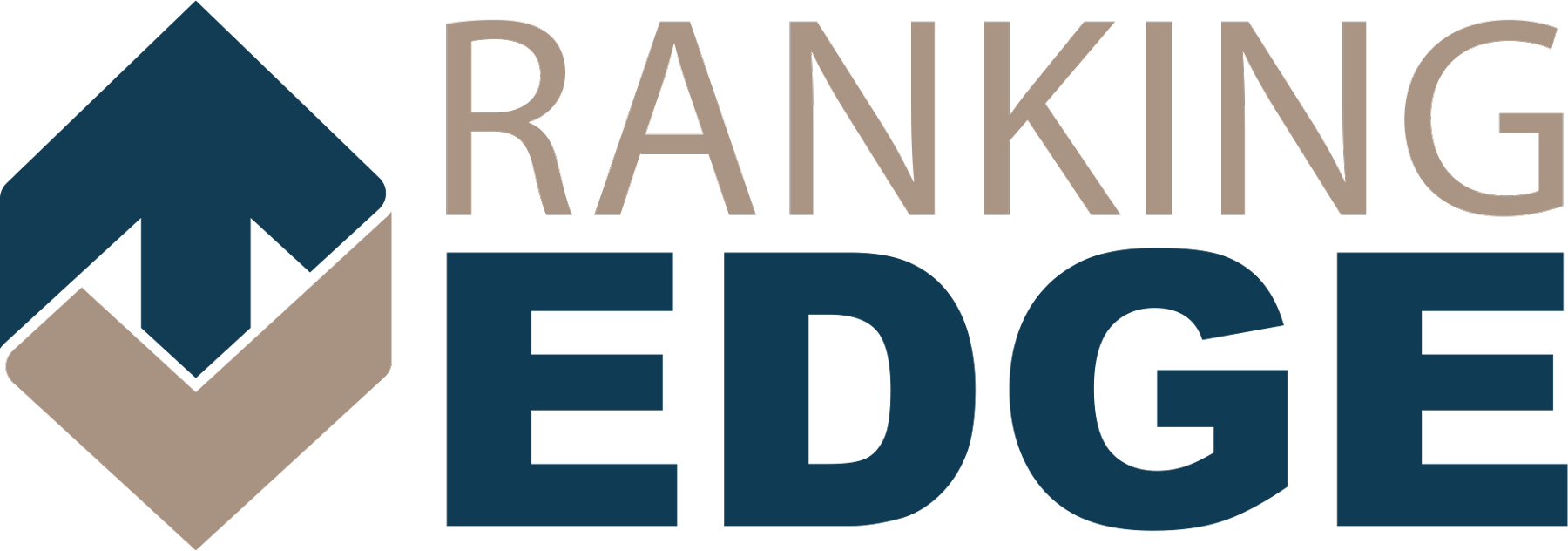Keyword research is an important aspect of search engine optimization (SEO) for websites. By identifying the right keywords to target, a website can attract more qualified traffic from search engines, ultimately resulting in more leads and sales.
In this article, we’ll delve into the basics of keyword research and provide some tips and best practices for finding the best keywords for your website.
What is Keyword Research?
Keyword research is the process of identifying the words and phrases that people are using to search for information online. By understanding what people are searching for, businesses and website owners can create content that is more likely to rank well in search engine results pages (SERPs).
Why is it Important?
Keyword research is important because it helps to identify the terms and phrases that people are using to search for products, services, and information online. By targeting these keywords, businesses and website owners can attract more qualified traffic to their sites, which can ultimately lead to more leads and sales.
Additionally, keyword research helps to inform content strategy and can help to identify gaps in a website’s content. By identifying the keywords that are most relevant to a business’s products or services, website owners can create content that addresses these topics and meets the needs of their target audience.
How to do Keyword Research
There are a few different approaches to keyword research, but here are some steps to get started:
- Identify your target audience: The first step in keyword research is to identify your target audience. This will help you to understand what types of terms and phrases they are likely to use when searching for information online.
- Brainstorm keywords: Once you have a good understanding of your target audience, start brainstorming a list of keywords and phrases that are relevant to your business or website.
- Use keyword research tools: There are many keyword research tools available that can help you to identify the most popular and relevant keywords for your business or website. Some popular options include Google’s Keyword Planner, Ahrefs, SEMrush, and Moz’s Keyword Explorer. These tools can provide data on search volume, competition, and other key metrics to help you choose the best keywords for your website.
- Analyze search intent: In addition to understanding the popularity and competitiveness of a keyword, it’s important to consider the search intent behind the term. For example, someone searching for “best running shoes” may be looking for product recommendations, while someone searching for “how to train for a marathon” may be looking for educational content. Understanding the intent behind a keyword can help you to create content that is more likely to meet the needs of your target audience.
- Use long-tail keywords: While it can be tempting to focus on highly competitive, high-volume keywords, it can be more effective to target long-tail keywords as well. These are longer, more specific phrases that are less competitive but can still drive qualified traffic to your website.
Tips for Success
- Use a mix of broad and specific keywords: While it’s important to target specific keywords, it’s also a good idea to include some broader terms in your keyword list. This will help to ensure that your content is visible for a wider range of searches.
- Don’t stuff your content with keywords: It’s important to include keywords in your content, but it’s also important to use them naturally. Stuffing your content with keywords in an effort to manipulate search rankings can actually hurt your SEO efforts.
- Monitor your keyword rankings: Once you’ve identified and targeted a set of keywords for your content, it’s important to monitor how well those keywords are performing. Search engines generally update their keyword rankings once per month, or more frequently in some cases.
In conclusion, keyword research is an essential component of any successful SEO strategy. It helps you identify key phrases that can be used to optimize your website, draw more traffic, and increase your ranking in search engine results pages.
It also gives you insights into the interests and needs of your target audience, allowing you to create more targeted content that will resonate with them. With the right tools and knowledge, keyword research will help you develop an effective SEO campaign and increase visibility across the web.


